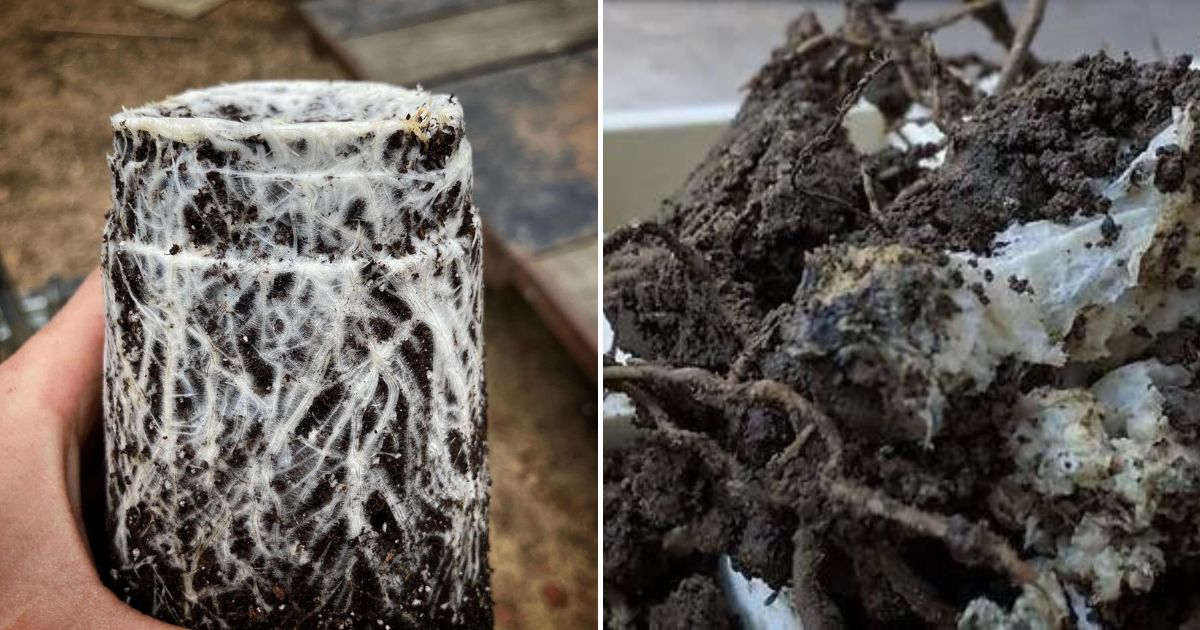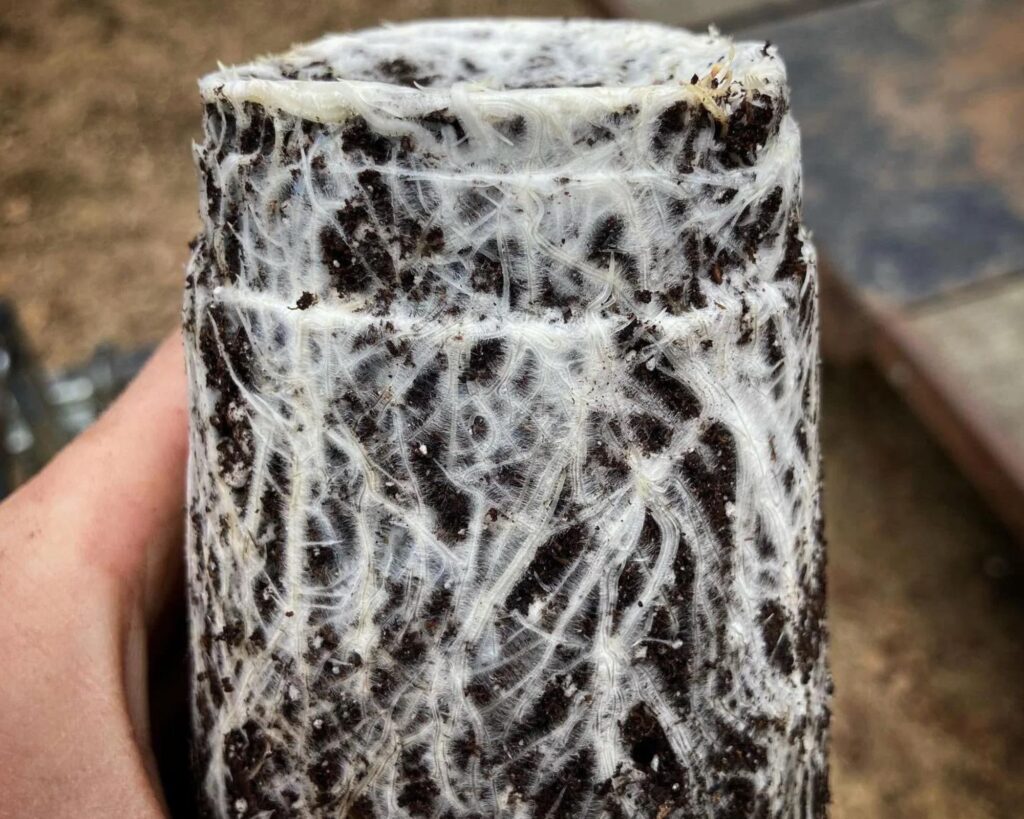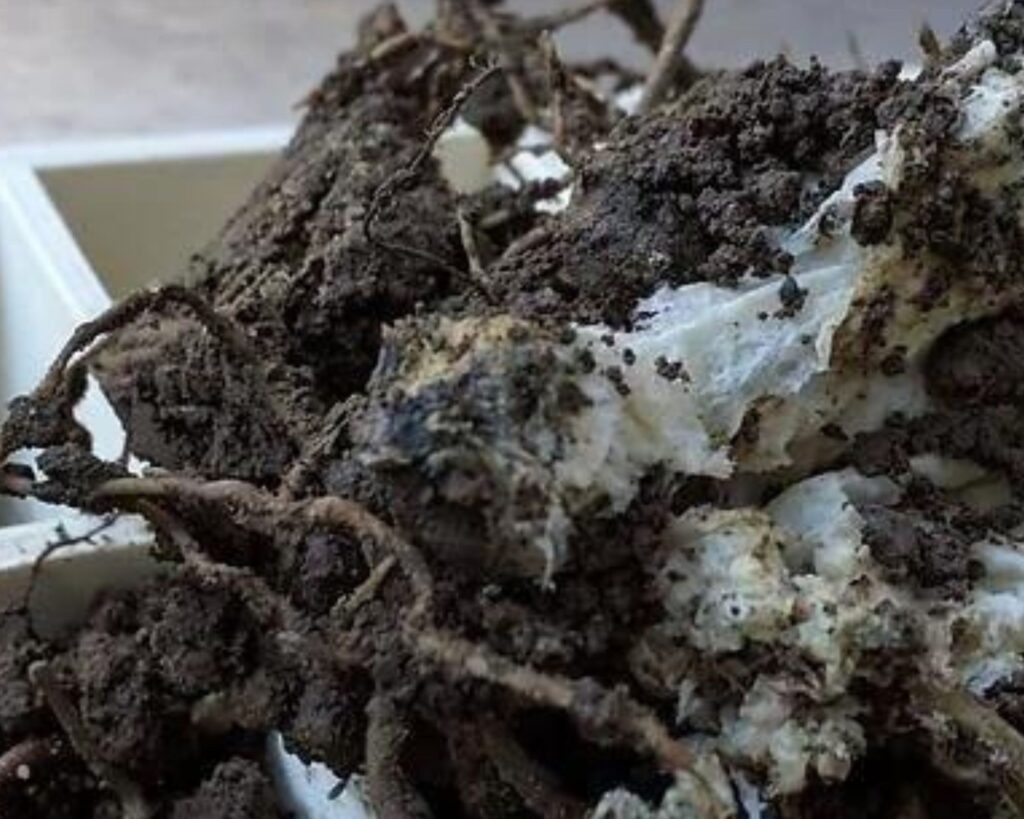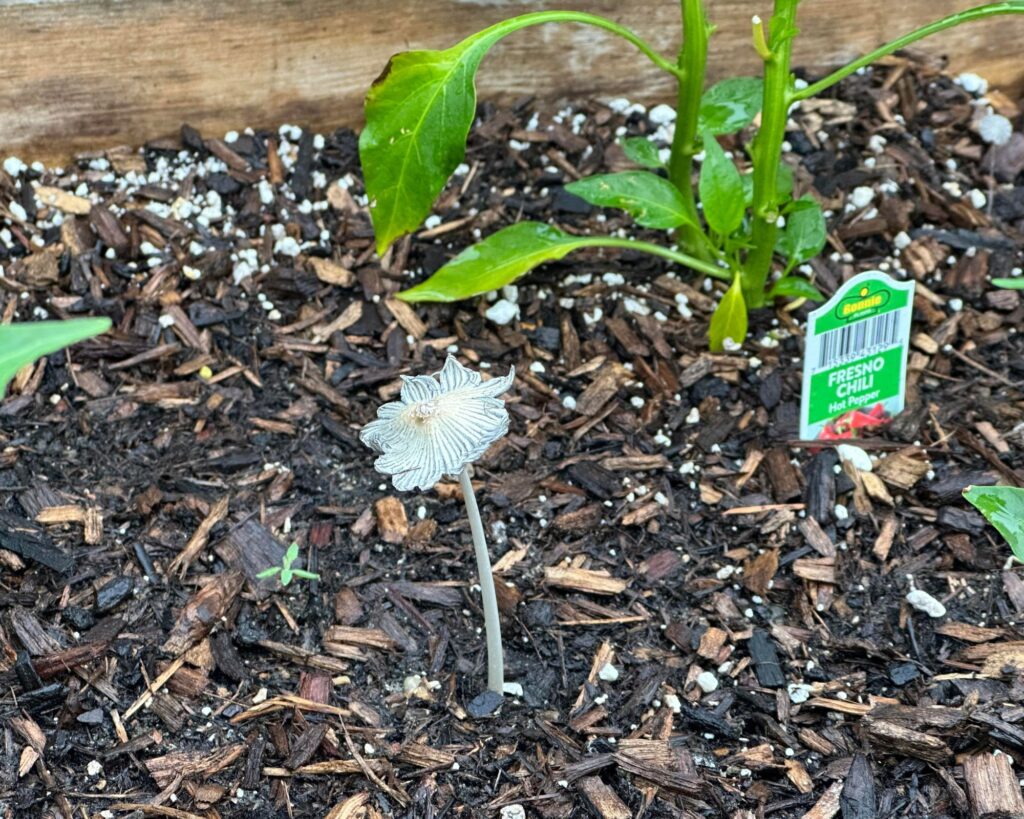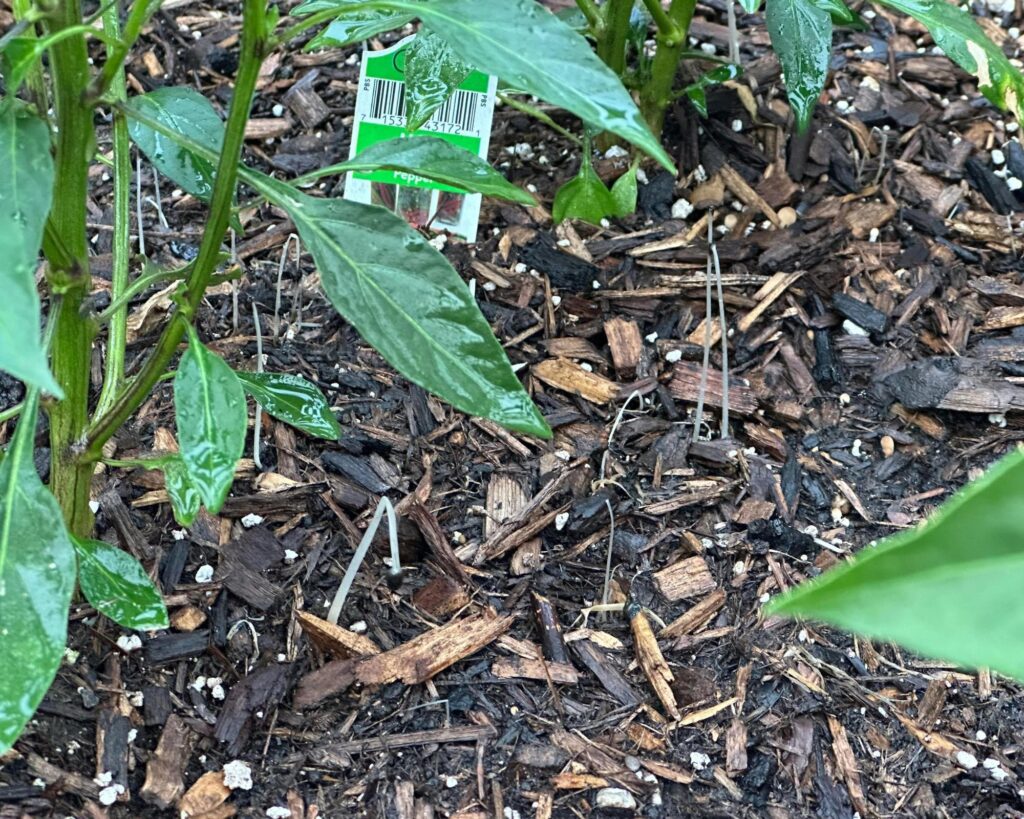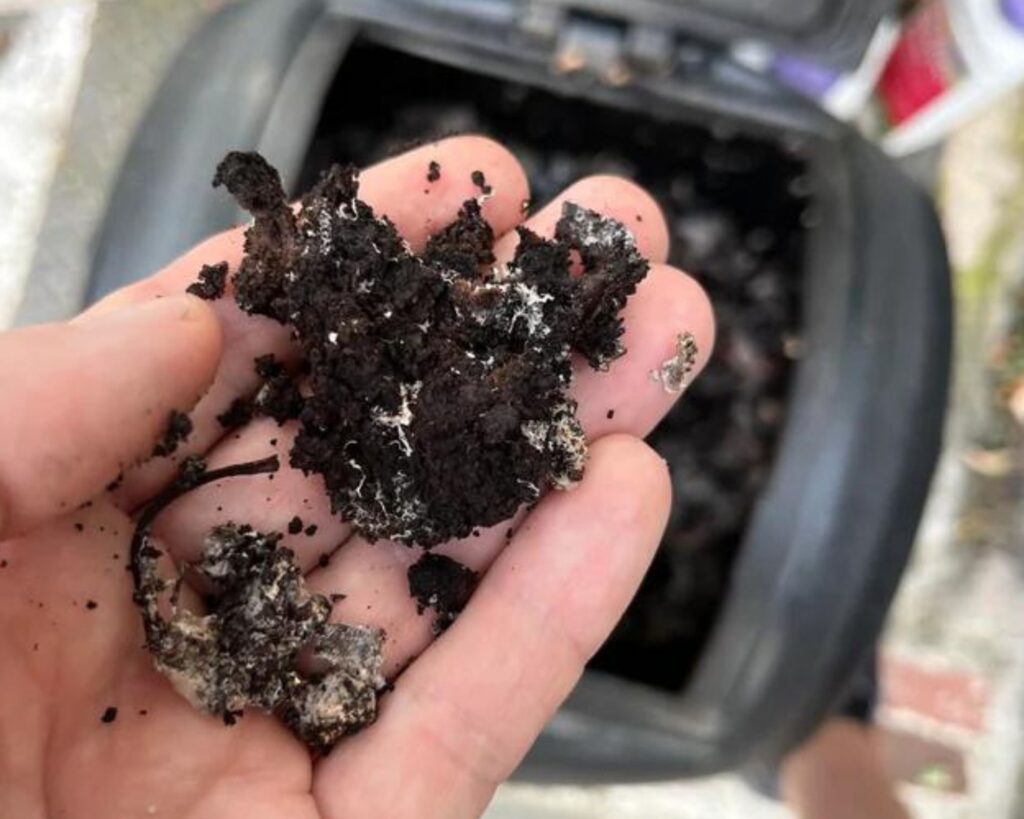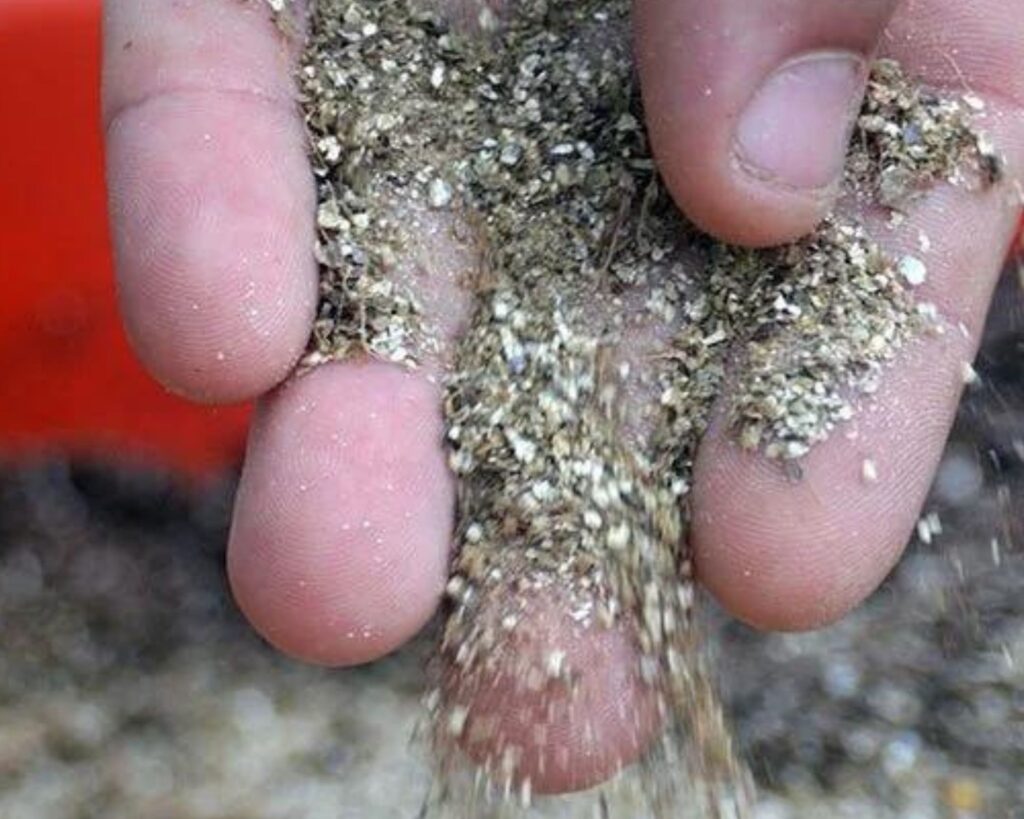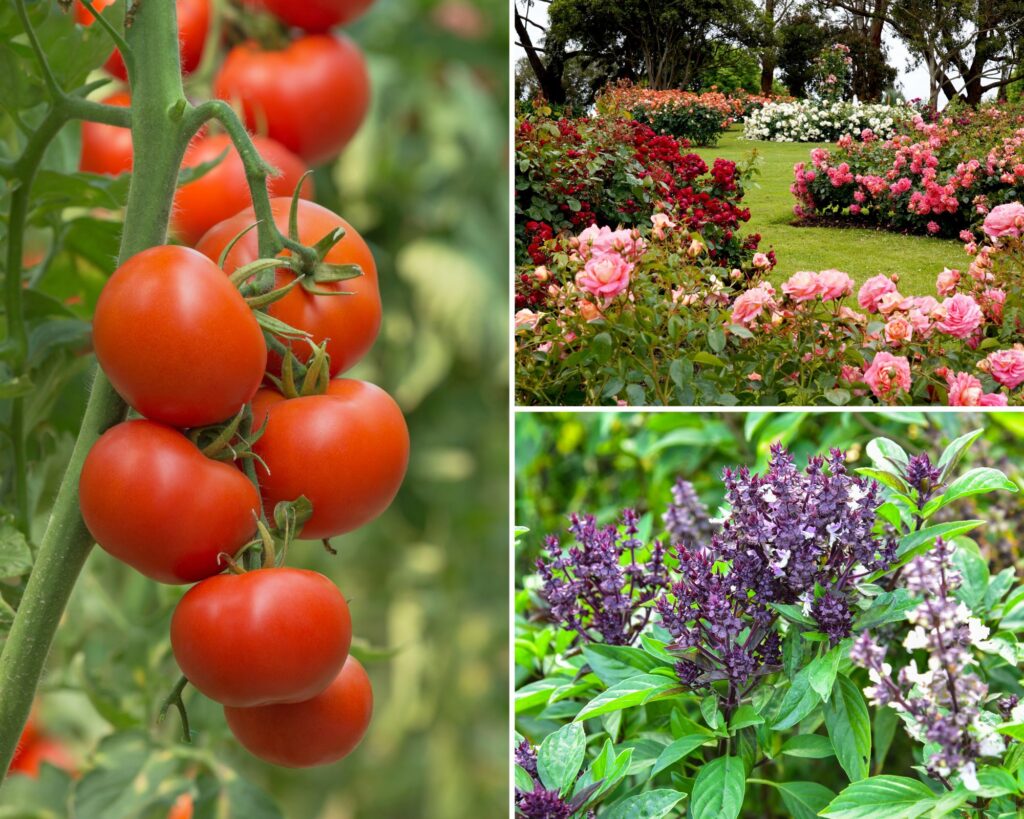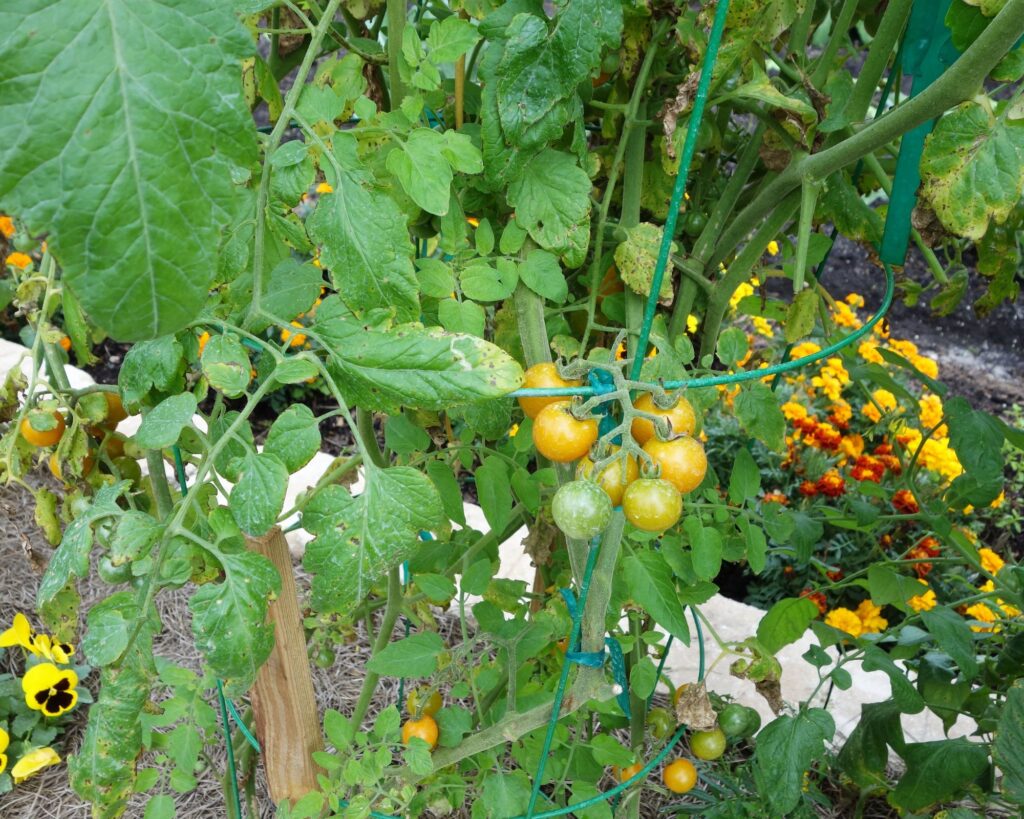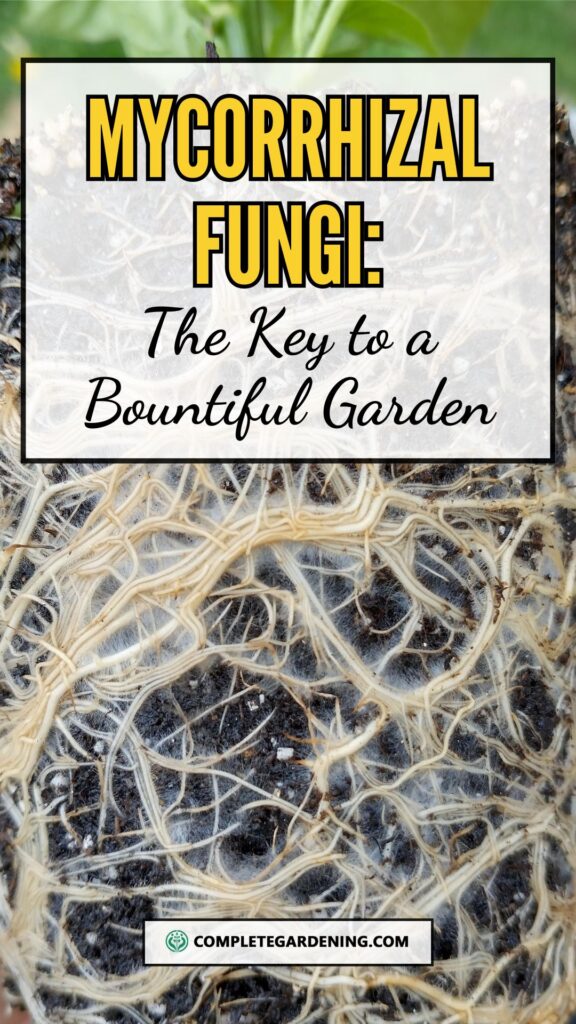If you’ve been gardening for a while, you might have stumbled across the term “mycorrhizal fungi.”
At first glance, it sounds like something out of a biology textbook or a lab experiment, not something that could transform your garden. But what if I told you this mysterious fungi is the secret weapon your plants have been missing?
Mycorrhizal fungi are nature’s underground network, quietly working to supercharge plant growth and boost soil health.
They might not be visible to the naked eye, but their impact on your garden is nothing short of game-changing.
So, what exactly are these fungi, and how can they help you grow the lush, vibrant garden you’ve always dreamed of? Let’s dig into why every gardener should get to know this powerful ally beneath the soil.
What is Mycorrhizal Fungi?
Mycorrhizal fungi form a mutualistic relationship with plants, attaching to roots and creating a network of fungal threads (hyphae) that extend into the soil. This network significantly increases the plant’s root surface area, boosting water and nutrient absorption, especially phosphorus.
1. Ectomycorrhizal Fungi: Form a sheath around roots, commonly associating with trees like oaks and pines. They penetrate the outer root layers but stay outside root cells.
2. Endomycorrhizal Fungi (Arbuscular Mycorrhizal Fungi – AMF): More common in gardens, they enter root cell walls, forming beneficial relationships with many garden plants, including vegetables and flowers.
How Do Mycorrhizal Fungi Work?
Mycorrhizal fungi and plants share a give-and-take relationship. Here’s how it works:
1. Nutrient Exchange: The fungal network absorbs water and minerals (especially phosphorus and micronutrients like zinc and copper) from the soil and transports them to the plant roots.
In exchange, the plant provides the fungi with carbohydrates (sugars) produced through photosynthesis. This nutrient exchange improves the plant’s overall growth and health.
2. Soil Structure: The hyphae of mycorrhizal fungi help bind soil particles together, creating a soil structure that enhances aeration and water retention. This structure allows roots to penetrate the soil more easily and access nutrients more effectively.
3. Increased Resistance to Stress: Plants with a mycorrhizal partnership are more resilient to drought, soil-borne diseases, and environmental stressors.
The fungi can access moisture deep in the soil, providing plants with extra hydration during dry periods.
4. Biochemical Defense: Some mycorrhizal fungi produce compounds that act as natural antibiotics, suppressing harmful pathogens in the soil. This protection helps plants become more resistant to root diseases and other soil-borne pests.
Is Mycorrhizal Fungi Good for Your Garden?
Absolutely! Introducing mycorrhizal fungi into your garden can lead to numerous benefits:
1. Enhanced Nutrient Uptake: Mycorrhizal fungi significantly boost a plant’s ability to absorb essential nutrients, particularly phosphorus. This is crucial because phosphorus is often present in the soil in forms that are difficult for plants to use.
The fungi convert these nutrients into forms that the plant roots can absorb, leading to healthier and more robust plants.
2. Improved Soil Structure: Fungal networks promote soil aggregation, improving soil texture and structure. This means better drainage, increased aeration, and more efficient water retention. As a result, plants are less prone to waterlogging and drought conditions.
3. Stronger Root Systems: Mycorrhizal fungi extend the root system far beyond its natural reach, allowing plants to access nutrients and water deep within the soil.
This extended reach is especially beneficial in poor or compacted soils where root growth is naturally limited.
4. Reduced Fertilizer Need: Because mycorrhizal fungi improve nutrient uptake, you may find that your plants require less fertilizer. This not only saves money but also reduces the risk of nutrient runoff, which can harm the environment.
5. Increased Plant Resilience: The symbiotic relationship between plants and mycorrhizal fungi boosts the plant’s natural defenses against pests and diseases.
A garden enriched with mycorrhizal fungi is more likely to thrive without the excessive use of chemical pesticides or fungicides.
How to Introduce Mycorrhizal Fungi to Your Garden
If you’re looking to harness the benefits of mycorrhizal fungi for your garden, you can introduce them in several ways:
1. Mycorrhizal Fungi Inoculants: Commercial mycorrhizal fungi inoculants are available in various forms, including powders, granules, and liquids.
These products contain spores of the fungi that can be mixed into the soil or applied directly to plant roots during planting.
For the best results, apply the inoculant directly to the roots or the planting hole to ensure the fungi establish a connection with the plant quickly.
2. Compost and Mulch: Adding high-quality compost and organic mulch to your garden can support the natural growth of mycorrhizal fungi. These organic materials decompose and create a favorable environment for fungi to thrive.
3. Limit Soil Disturbance: Mycorrhizal fungi are sensitive to soil disturbance. Practices like excessive tilling can disrupt fungal networks. To promote a thriving fungal community, practice no-till or low-till gardening methods.
4. Avoid Chemical Fertilizers and Fungicides: Overuse of chemical fertilizers, particularly those high in phosphorus, can inhibit mycorrhizal fungi development. Similarly, chemical fungicides can kill beneficial fungi.
Using organic or natural fertilizers and pest control methods will help maintain a healthy fungal community in your garden.
Plants That Benefit Most from Mycorrhizal Fungi
Most garden plants can benefit from mycorrhizal fungi, but some are especially responsive to their presence:
- Vegetables: Tomatoes, peppers, beans, corn, and squash have shown significant growth improvements when partnered with mycorrhizal fungi.
- Flowers: Roses, marigolds, and petunias thrive when associated with these beneficial fungi.
- Herbs: Basil, thyme, and oregano can benefit from enhanced nutrient uptake provided by mycorrhizal fungi.
- Fruit Trees and Shrubs: Blueberries, apples, and citrus trees develop stronger roots and produce better yields when supported by mycorrhizal fungi.
Are There Any Downsides?
While mycorrhizal fungi offer many benefits, there are a few considerations to keep in mind:
1. Not Suitable for Every Plant: Some plant families, such as Brassicaceae (cabbage, broccoli, mustard) and Amaranthaceae (spinach, beets), do not form mycorrhizal relationships. Adding mycorrhizal fungi to these plants may not provide any noticeable benefits.
2. Initial Cost: Commercial mycorrhizal inoculants can be an additional expense, especially for larger gardens. However, the long-term benefits, such as reduced fertilizer use and healthier plants, often offset this initial cost.
3. Time to Establish: Mycorrhizal fungi do not work overnight. It may take weeks or even months for the fungi to establish themselves in the soil and begin benefiting your plants.
Incorporating mycorrhizal fungi into your gardening practices can transform the health and productivity of your garden.
By forming symbiotic relationships with plants, these fungi enhance nutrient uptake, improve soil structure, increase plant resilience, and reduce the need for chemical inputs.
While they may not be suitable for every plant, most vegetables, flowers, and shrubs can benefit significantly from a mycorrhizal partnership.
Whether you’re growing a vegetable garden, a flower bed, or a mix of plants, adding mycorrhizal fungi can help create a thriving, sustainable garden ecosystem.
